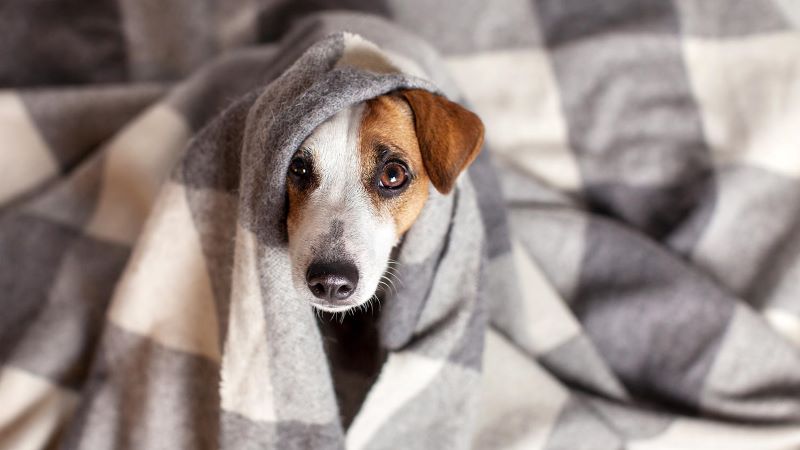Boy is this a timely post. Last night my dog ate half a pack of gum, and my husband and I were up half the night worrying about whether she was going to have ill effects from the xylitol in sugar-free Orbit. We painstakingly calculated how many pieces she ate, and how many milligrams of xylitol she may have ingested. And we slept with one eye open.
So far, so good. So, she either ate less than we thought or she’s handling it well. But some dogs are not so lucky. After stressing out and reading a lot of scary stuff on the internet, my husband admitted he didn’t even know xylitol was poisonous. Which got me wondering how many other things out there are toxic to your dog that the average dog or cat owner would not know about? March is Poison Prevention Awareness Month, so it seems like the perfect time to review the items you need to handle with kid gloves around your dog and/or cat…
Xylitol
Found in sugar free gum, candy, children’s vitamins, certain medicines, and even some baked goods, xylitol is dangerous to your dog because of how his body processes it. Xylitol stimulates the release of insulin from a dog’s pancreas which causes a decrease in the level of blood sugar, or hypoglycemia. Hypoglycemia can be life-threatening if it is not treated. High doses of xylitol can also lead to liver failure, and a dog who seems just fine can start showing symptoms 2-3 days after ingestion. Which is why we’ve been watching our dog like a hawk. While there is no evidence to support that xylitol is toxic to cats, it’s better to be safe than sorry. You should keep your cat away from the sweetener.
Chocolate/Caffeine
Most people know that chocolate is toxic to dogs and cats, but did you know dark chocolate and cocoa powder are the most toxic? Chocolate is toxic because it contains theobromine, but the caffeine in chocolate is just as dangerous to your pets, making coffee, tea and energy drinks off the menu for them as well. In dogs and cats, chocolate and food/drinks containing caffeine can cause seizures, heart palpitations, vomiting, diarrhea, and muscle tremors.
Grapes/Raisins
These two foods can cause kidney failure in dogs and cats. Because grapes are prone to roll off the table and bounce right into your greedy pooch’s chops, it is important to keep an eye on children when they are eating grapes. Symptoms of poisoning from ingesting grapes or raisins include vomiting, increased urination, and increased thirst.
Onions/Garlic
In large amounts, these vegetables can cause anemia in dogs and cats. This is because onions and garlic cause destruction of red blood cells in dogs/cats’ bodies. Symptoms of anemia include lethargy and reduced appetite.
Alcohol
This seems like a no-brainer, but it is important to note that alcohol is not only found in wine and beer. It is also found in some desserts and homemade or store bought yeast dough used in making bread. In dogs, consumption of alcohol can cause seizures, and in cats it can cause liver and/or brain damage. Just two teaspoons of whiskey in a five pound cat can cause the cat to go into a coma.
Dairy
Cats like to drink milk, right? But it’s not really meant to be part of their diet. In fact, most cats are lactose intolerant and drinking milk can lead to vomiting and diarrhea.
Tuna
When tuna is used as an ingredient in cat food, it is ok, but feeding a cat tuna made for human consumption is not ok. This type of tuna can cause digestive upset.
Why can humans eat some foods that our pets can't?
It is important to remember that our pets have different dietary demands and processes than we do, and their metabolism doesn’t work the same as ours does, so they cannot always eat what we can eat.
What should you do if your pet eats something they shouldn't?
If you suspect your dog or cat is having a reaction to something he has ingested, call the Pet Poison Hotline at (855)-213-6680.
How can you save on pet healthcare?
Enrolling your pet in accident and illness pet insurance coverage means you're protected against costly unexpected vet bills. Receive reimbursement on eligible vet visit costs for toxin ingestion, digestive issues and much more! Get a quote today.

